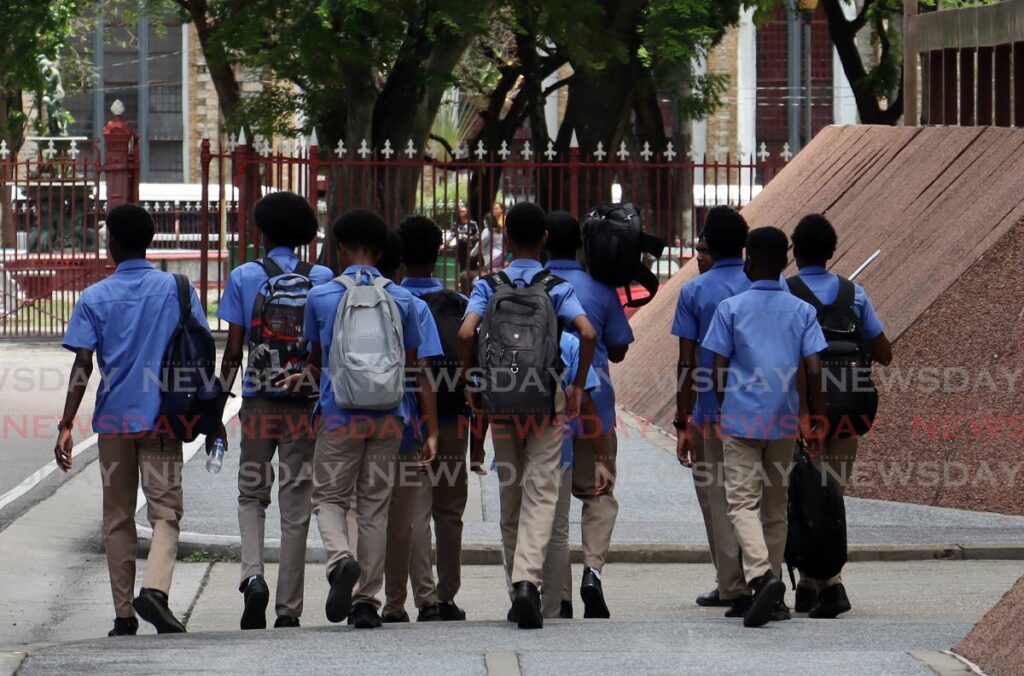More signs of student stress

STATISTICS disclosed on Thursday by officials of the Caribbean Examinations Council (CXC) should be of concern to all in the region.
According to Dr Nicole Manning, CXC’s director of operations, almost a whopping 10,000 students registered for but ultimately abstained from examinations.
While the total number of students registering to sit both the Caribbean Advanced Proficiency Examination (CAPE) and the Caribbean Secondary Education Certificate (CSEC) increased to 101,000 and 106,000, respectively (up from 99,000 and 103,000 correspondingly), this must be set against the fact that so many of these students were supposed to sit papers but, for various reasons, did not.
Though there are undoubtedly nuances from country to country, this level of absenteeism is worrying. It potentially tells a story about the many challenges and impediments students face.
Some of those challenges come from CXC itself with the perennial drama of problems at results time, witnessed again this week with the unexplained six-hour delay for CSEC students on Thursday.
The leaking of examination papers has also caused all sorts of problems, many of which, we feel, have not been satisfactorily addressed. Officials this week revealed only 43 per cent of students in the region had passed CSEC mathematics.
It is hard not to wonder if that outcome was affected somehow by the scrapping of the mathematics paper two (long answer) following a leak, and CXC’s subsequent decision to allocate a final grade through a combination of school-based assessment (SBA) grades and paper one (multiple choice) results. But certainly a lot of other hardships faced by students were not of CXC’s making. Flooding in TT, the deadly fire in Guyana, and hurricanes in St Lucia and St Vincent and the Grenadines are the harrowing backdrops to many of the results released this week.
Such matters can exert a clear toll and CXC has to examine whether its compensatory measures have worked efficiently.
However, far more difficult to get grip on are the little-examined problems faced by examiners originating from students themselves. These problems include, according to CXC officials, cheating, disruptive behaviour, plagiarism, and impersonation. Such matters point to the social problems that feed into student performance, alongside questions of access and anxiety amid an increasingly difficult and challenging education framework.
Whatever our regional differences, all parties should keep a careful eye on the confluence and rise of all of these disturbing signs that students are under stress. While such stress has always been a part of the education matrix, it is clear that a rapidly changing world, with its barrage of challenges and opportunities for change, such as the use of artificial intelligence, is intensifying the pressure on all.
The question is how can systems be improved to ease some of this.


Comments
"More signs of student stress"